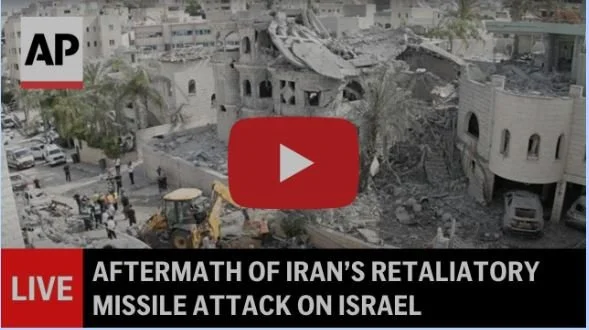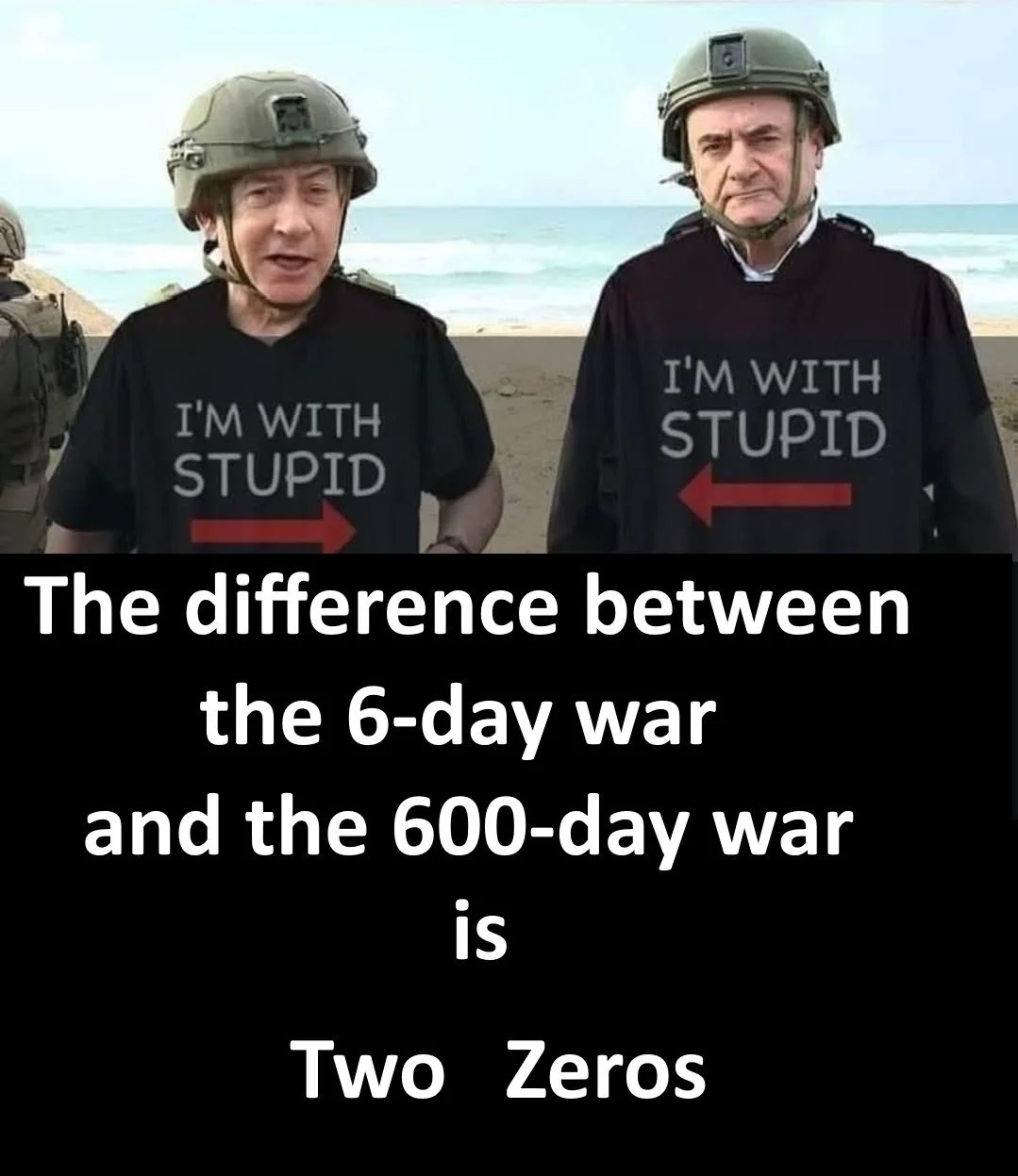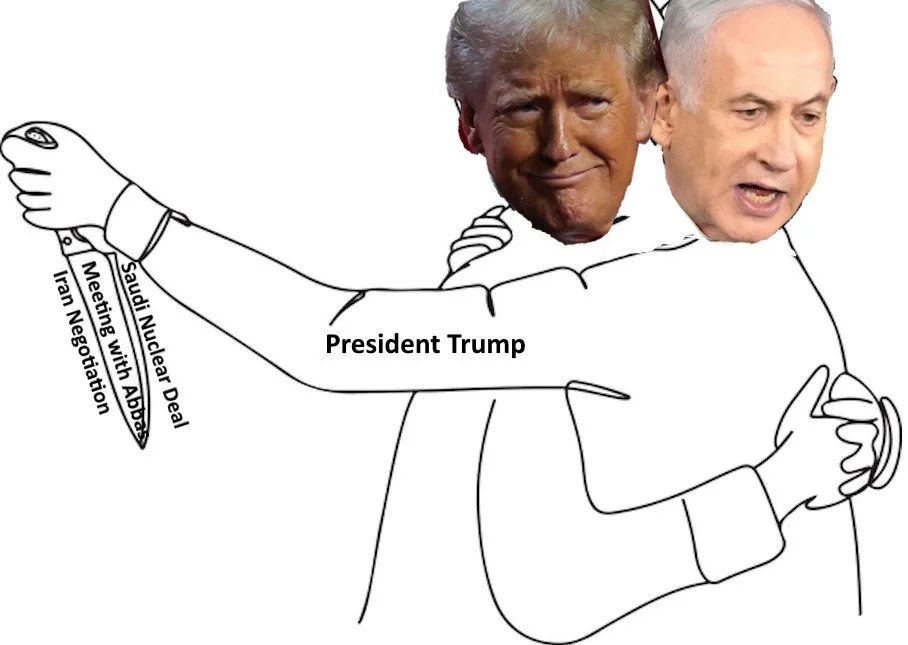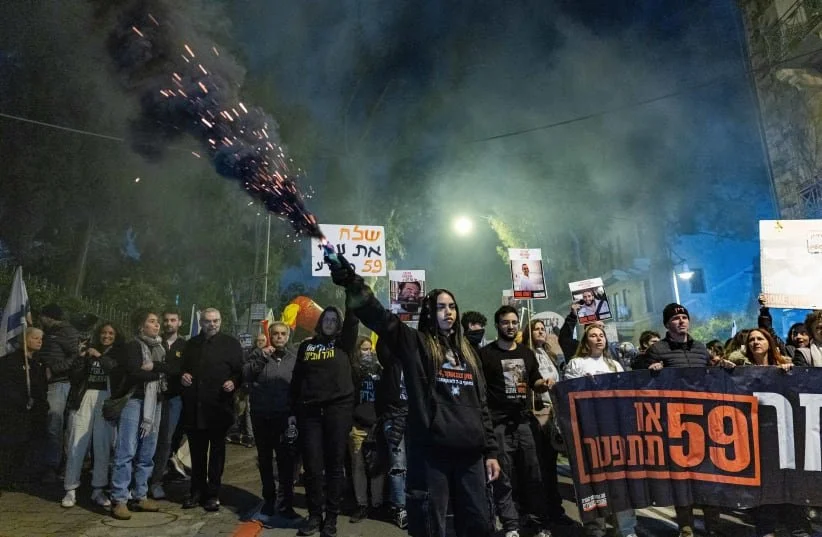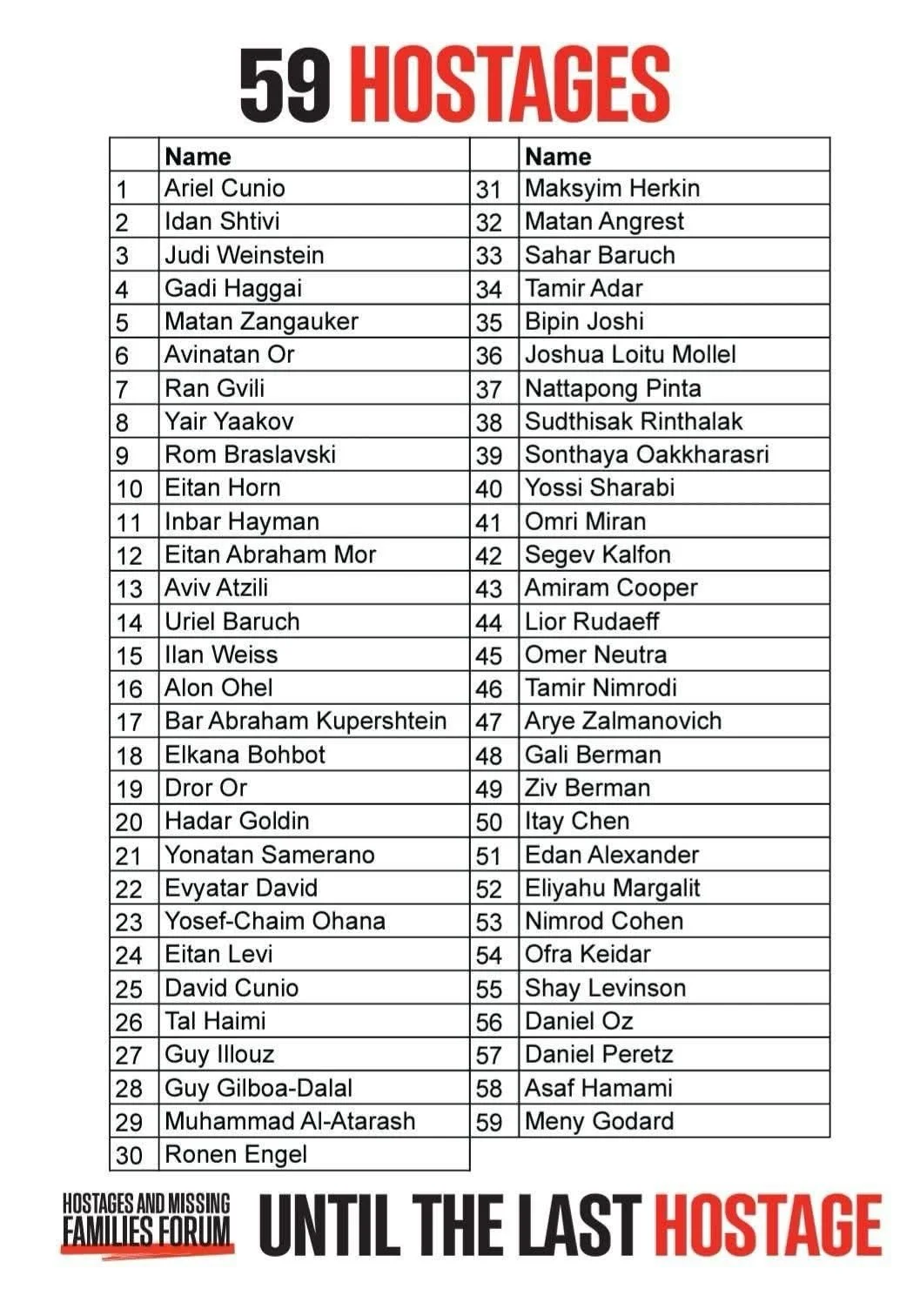On June 13, Israel launched Operation Rising Lion, a coordinated and highly targeted military operation against Iran’s nuclear infrastructure and senior Revolutionary Guard figures. It was a strategic necessity, not a political whim. Iran has made no secret of its intentions toward Israel. Its leaders have repeatedly and publicly threatened to destroy the Jewish state. Meanwhile, it has continued to enrich uranium to levels approaching weapons-grade, in clear defiance of international norms and oversight.
Just days before the strike, the International Atomic Energy Agency (IAEA) confirmed that Iran was enriching uranium up to 60 percent purity, a hair’s breadth from the 90 percent needed for a nuclear bomb. The report also stated that Iran had refused to cooperate with nuclear inspectors, hiding crucial details about its weapons program. Iran ignored repeated diplomatic efforts to return to the negotiating table and cease enrichment, including those made during the Trump administration. Instead, it escalated.
Given these developments, Israel had both the right and the obligation to act.
Waiting any longer would have risked waking up to a nuclear-armed Iran. The mission struck key nuclear sites in Natanz, Fordow, and Arak, with the clear goal of setting back Iran’s nuclear timetable and deterring further escalation.
And yet, the timing of the operation is impossible to ignore. Just one day earlier, Netanyahu’s government survived a crucial domestic challenge. His coalition passed a deeply divisive bill to maintain draft exemptions for ultra-Orthodox (Haredi) men, despite widespread public resentment and national protests.
Both Shas and UTJ, sought to preserve long-standing exemptions from mandatory service enjoyed by the Haredi community, had threatened to back the dissolution bill over the enlistment issue, which would have left Prime Minister Benjamin Netanyahu without a majority needed to stay in power.
For many Israelis, this was a deeply cynical political deal. Netanyahu gave the religious parties what they wanted to hold his coalition together – no military service for now, no serious sanctions and the right to keep all the money he poured on them to get them into and keep them in the coalition.
Then, less than 24 hours later, came the most dramatic military strike Israel has launched in years.
The sudden pivot from internal political firestorm to global military engagement struck many observers as too perfect. This pattern isn’t new: Netanyahu has often shifted focus to national security at moments when his political survival was under threat.
Critics argue that the Iran strike served not only military objectives, but also political ones by resetting the domestic conversation and reframing Netanyahu as a wartime leader.


